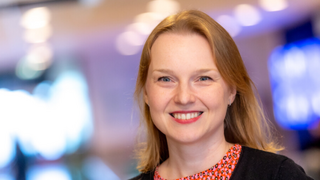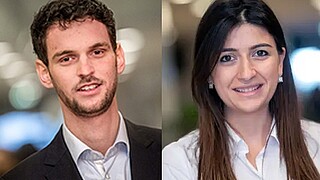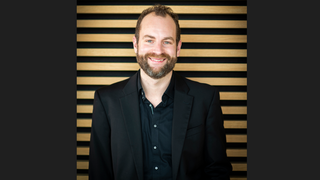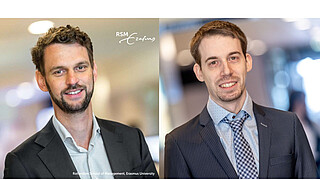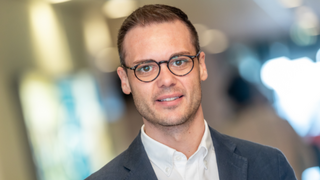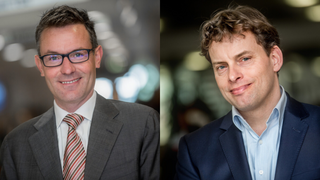The project will be funded as part of the TKI Toeslag call 2022 – Supply Chains for Society. It aims to improve the use of volunteers in emergency services by developing mathematical models based on data and data analysis for Community First Responders (CFRs) systems.
Community first responders (CFRs)
Reducing emergency response times is a paramount objective, with studies linking quicker response to increased survival rates and reduced damage. Traditional emergency services, including ambulances, firefighters, and police, may soon be complemented by CFRs – trained volunteers dispatched via a smartphone app.
CFRs play a vital role by bridging the crucial gap between an emergency occurrence and the arrival of professional responders. In some cases, they can even replace professionals, alleviating the burden on overwhelmed emergency services.
Several existing CFR systems, such as HartslagNu for cardiac arrests, Burgernet for police support, and Ready2Help for general assistance, are already making an impact in the Netherlands. In addition, a growing trend is emerging, with organisations like the Fire Department Amsterdam-Amstelland and the Red Cross showing a strong commitment to introduce a CFR network.
Collaborative project for more impact
The SPRINTER project, a collaborative endeavour between knowledge institutes, emergency services, and volunteer dispatch systems, promises to introduce prescriptive analytics. These analytics will optimise CFR systems through innovative mathematical models utilising optimisation and machine learning algorithms. The project aims to quantify the impact of volunteers, determine optimal recruitment and training strategies, and optimise real-time alerting decisions.
SPRINTER not only presents opportunities for scientific advancement but also seeks to prepare the Netherlands for widespread CFR integration, ultimately revolutionising the country’s emergency response capabilities.
The consortium will receive €500,000 for the 36-month collaborative project, which will be co-ordinated by VU Amsterdam, and also partners with Centrum Wiskunde & Informatica, Red Cross, Fire Department Amsterdam-Amstelland, Veiligheidsregio Rotterdam-Rijnmond, Burgernet, Beep For Help, LIVES, NIPV, and Axira. Around half of the funding will be used by RSM to hire a PhD student. The research team will also be supported by funding from consortium partners.
The research team
Dr Pieter van den Berg is an associate professor of transportation and logistics in the Department of Technology and Operations Management at RSM. His research focuses on the application of operations research to the logistics of emergency service providers and public transportation. He obtained his MSc in econometrics and operations research from VU Amsterdam and his PhD in applied mathematics from Delft University of Technology. Dr Van den Bergh received an NWO Veni grant in 2019 to work on ‘improving response times for on-demand services by better distribution and dispatching of servers’.
Dr Caroline Jagtenberg is an assistant professor in the group Operations Analytics at VU Amsterdam. She specialises in emergency services logistics and strives to build bridges between mathematics and industry. Dr Jagtenberg has an MSc in Mathematics from Universiteit Utrecht and wrote her PhD thesis Fairness and efficiency in ambulance planning at Centrum Wiskunde & Informatica. Her thesis won the Jo van Nunenprijs 2017 and one of the outputs was an ambulance relocation algorithm that to this day is operational in 112 call centres. She also obtained an NWO Rubicon grant to spend two years at the University of Auckland, New Zealand to establish solid business relationships with the national ambulance provider (St John) as well as the app that dispatches CPR-trained volunteers to patients in cardiac arrest (GoodSAM). She also regularly collaborates with the Norwegian Air Ambulance Association.
Prof. Rob van der Mei is full professor of applied mathematics at the Centrum Wiskunde & Informatica and VU Amsterdam. He leads a large research group active in stochastic modelling, data analytics, artificial intelligence and optimisation. Over the past two decades, he has been active in many application areas, including healthcare, emergency services and logistics. He has established many public-private research partnerships, bridging the gap between academic knowledge and application of research in real-life practice. In 2021, he received the prestigious Huibregtsen Prize for the research line “Mathematics for a healthier and safer Netherlands” (together with Sandjai Bhulai), a life-time award for more than 25 years of research at the challenging interface of theory and practice. His work on ambulance planning is widely recognised and operational in many ambulance regions in the Netherlands today.

